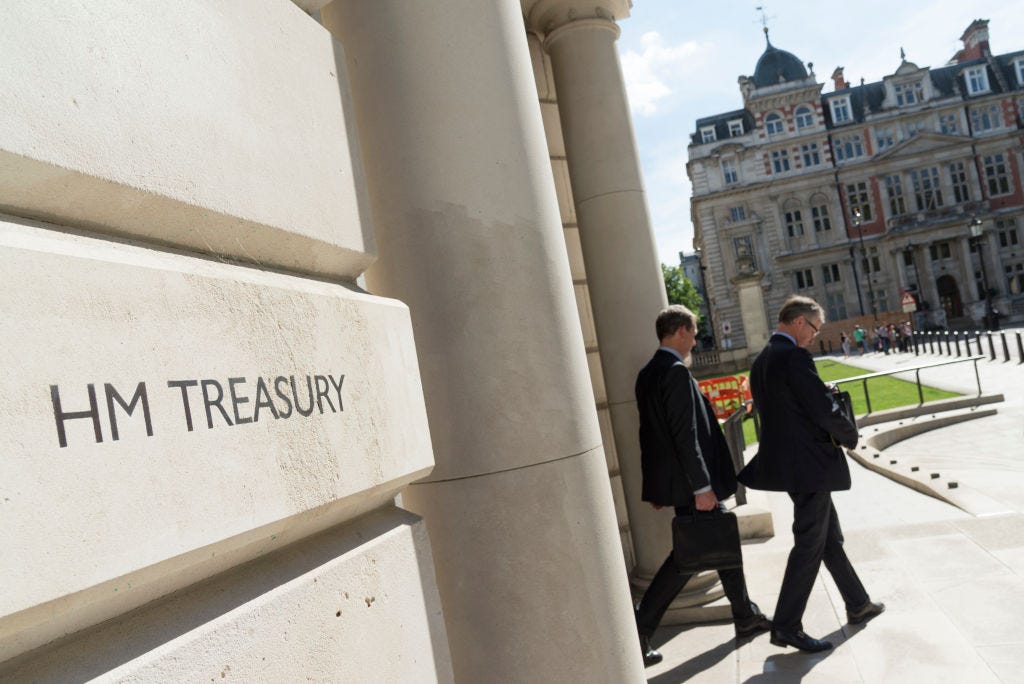What spending reviews are like from the inside
It's not pretty
There are ten days to go until the spending review that will define the ambitions of this government for the rest of the Parliament. For a long time, well before they were elected, I’ve been arguing that this would be when fiscal reality finally hit home and the consequences of Labour’s election tax pledges would become clear.
But rather than just preview what’s likely to happen I thought I’d try to give readers a sense of what it’s like going through one of these reviews. They are largely hidden to the public, despite sucking up an enormous amount of Whitehall time and being wildly stressful for everyone involved.
Back in 2010 I was the lead adviser in the Department for Education (DfE) on the spending review, so was very closely involved in all its twists and turns. This was, admittedly, fifteen years ago and some things have changed since then. For instance, it’s easier to have quick online meetings now as part of negotiations. But, having talked to plenty of people involved in more recent reviews, including this one, I don’t get the impression much has changed.
And they really are demented. As much as people who haven’t worked in or around government are willing to accept that it must be dysfunctional, it’s hard to get across quite how ridiculous the key decision-making processes are.
Most big organisations – public or private – find budget rounds difficult, especially when money is tight. Each division will fight to retain its existing cash and claim they need more. Central managers will struggle to get a clear picture. Pet projects of the CEO or board members will be unfairly protected.
Spending reviews are like this but a hundred times worse. They’re on a much bigger scale, for three years rather than one, and critically there’s no clarity around who gets to make the final decision. Plus, unlike a company, the government can choose what its revenue is (albeit at political cost), which adds another layer of complexity. The stakes are also much higher. A company cutting a product line may disappoint those responsible for it but is unlikely to cause wider societal problems. Almost everything the government spends significant sums on is important, often leading to genuine harm, and even political unrest, where there are cuts.
So in the rest of this post I’m going to run through what it’s actually like to be part of a review (SR from here on) and, along the way, explain why this SR is probably the most difficult since Gordon Brown introduced them almost 30 years ago.
Keep reading with a 7-day free trial
Subscribe to Comment is Freed to keep reading this post and get 7 days of free access to the full post archives.


